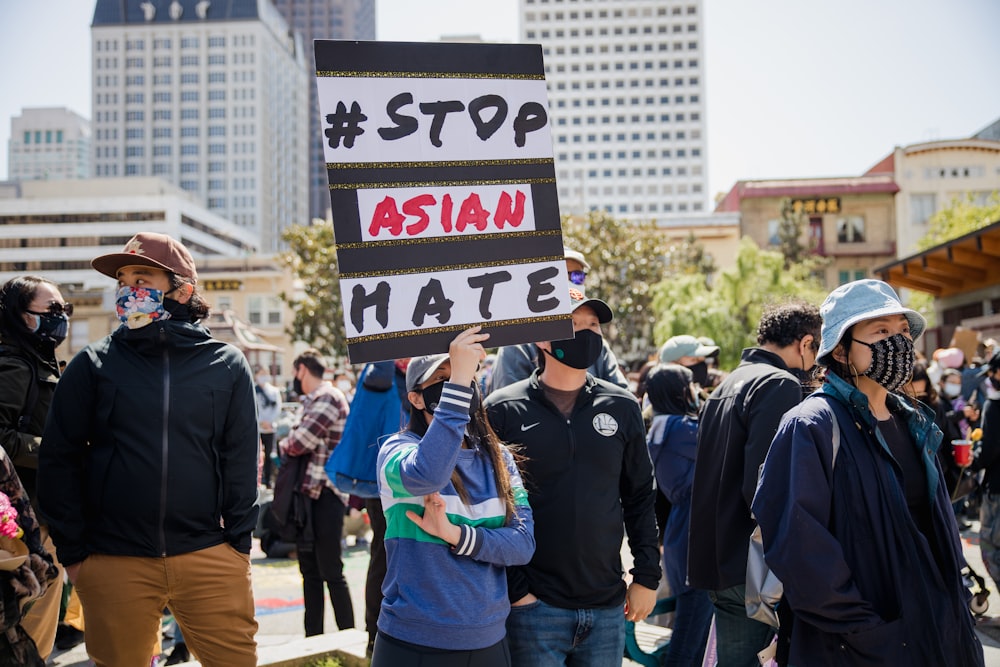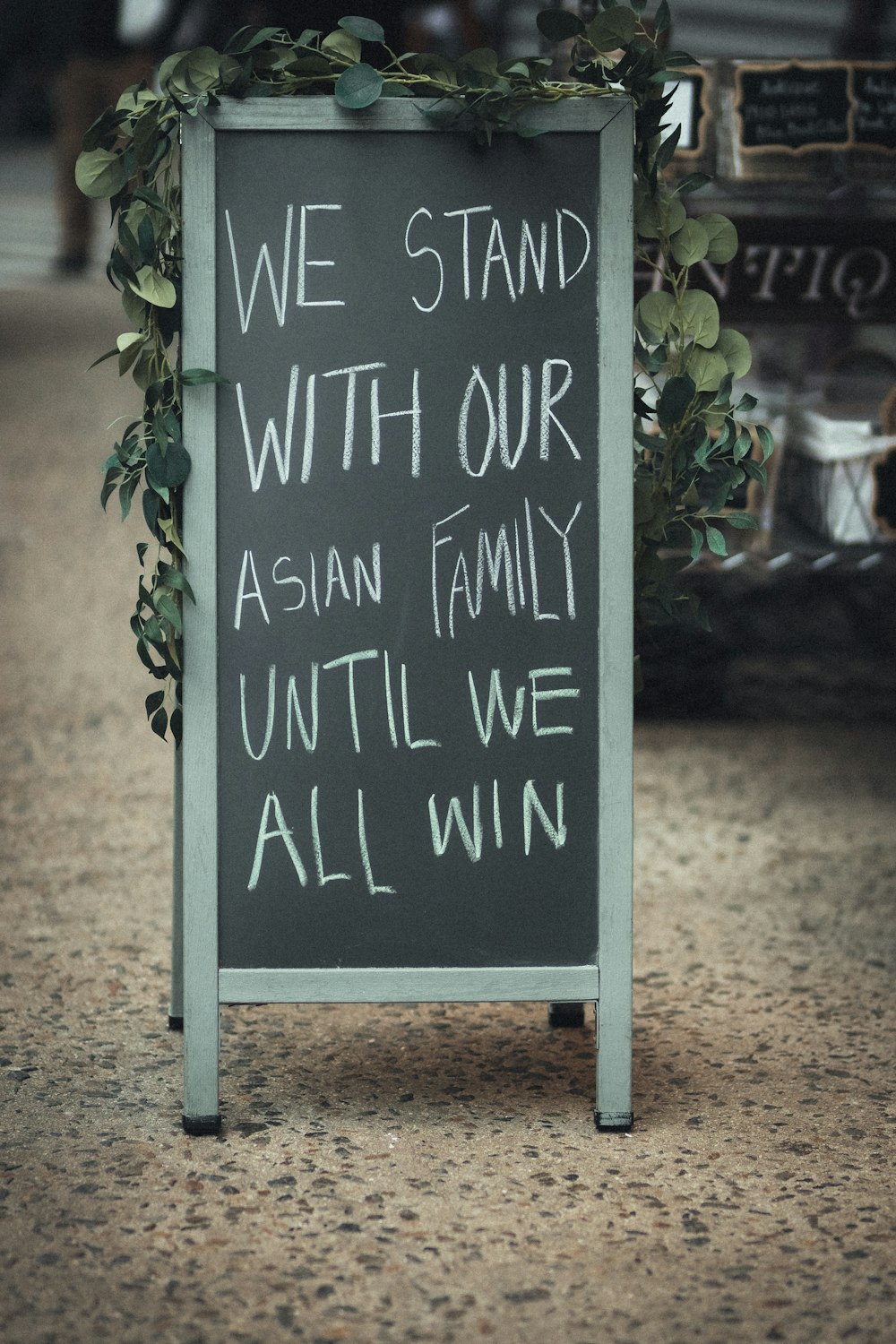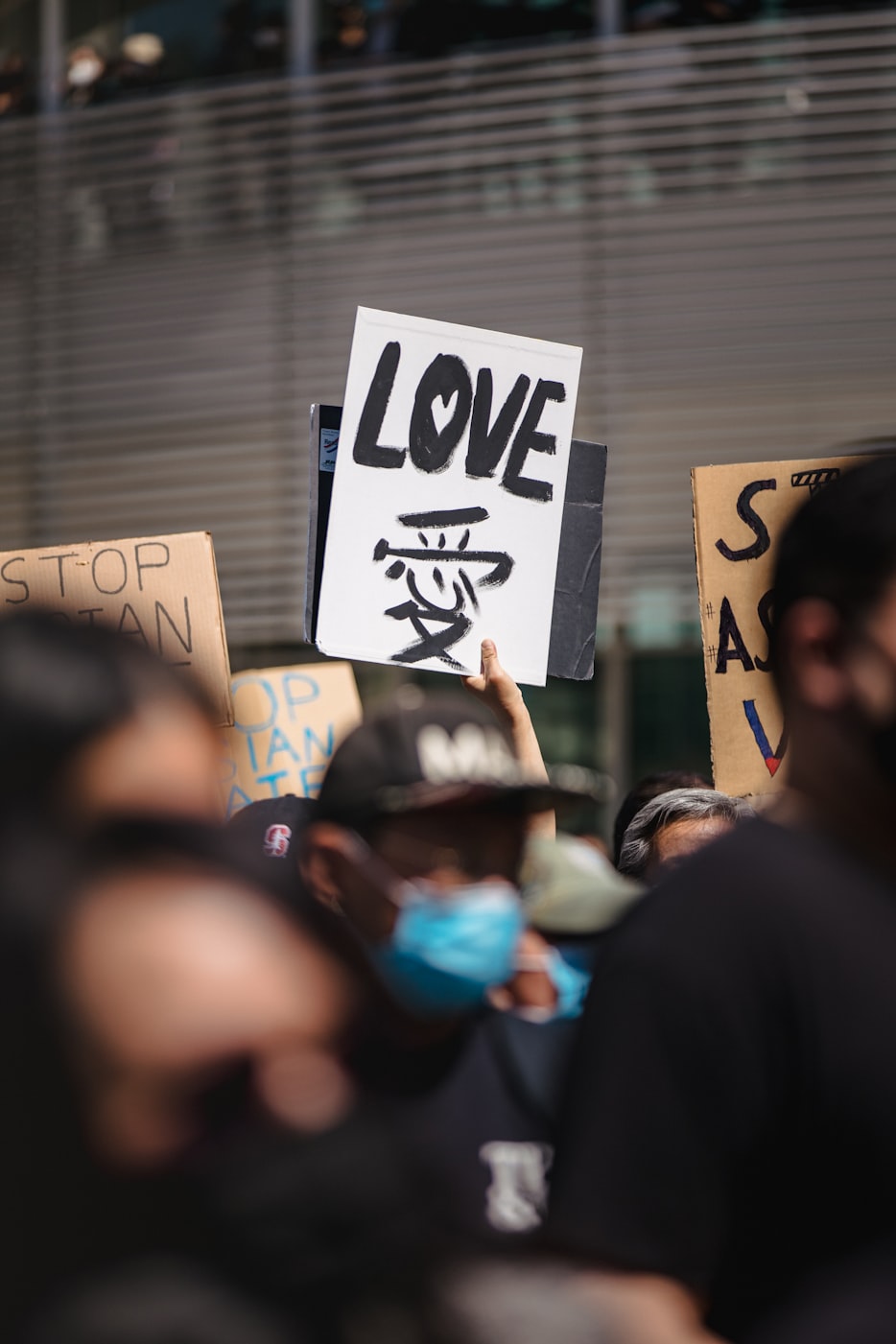
When did instant hate become okay?
There’s a charming new neighbor in my building. We have a lot in common: graduate-degree education, reasonably successful grown children, a fondness for historical fiction and long walks around San Francisco. One major difference: nobody ever yelled at me to go back where I came from.
Or spat on the ground while passing by me.

Early in the pandemic but just before the lockdown, my new friend was talking with a college-age cousin in front of a San Francisco store. Two white men dressed in casual work clothes, appearing to be in their forties or early fifties, walked past. One spat. The other looked directly into my friend’s somewhat “Asian-looking” face and uttered those exact words: “Why don’t you go back where you came from?” For the record, she came from Manhattan where she held a high-level corporate management job; before that she came from New Jersey, where she was born. She has voted in every election since the 1960s.
Stories like this, exposing the hostilities stirred up in recent years, make it hard to stay hopeful. But my hopefulness is reinforced by the groups and individuals working around the clock for change. One example is in an unusual nonprofit I’ve only recently come to know. It’s the New Breath Foundation, briefly introduced here: New Breath seeks to offer “hope, healing, and new beginnings for Asian American & Pacific Islander (AAPI) new immigrants and refugees, people impacted by incarceration and deportation, and survivors of violence.”
One of the interesting facts about New Breath is that Founder/President Eddy Zheng is himself an immigrant – and a former “juvenile lifer” in the bargain. Eddy managed to turn his life around while in immigration jails and the prison system. While still incarcerated he began counseling at-risk youth, created an Ethnic Studies program, and co-edited a book. After his release he set about leading youth development and violence prevention programs, and cross-cultural building activities in the San Francisco Bay Area and nationally.If the NBF mission seems a tall order, Eddy found a shortcut. It’s called (something like) Don’t Re-Invent the Wheel. Or – find people and groups already working toward your goals and give them the support they need. New Breath Foundation therefore, conducts targeted grant-making, education, and advocacy efforts in support of other hard-working groups. In its scant four years’ existence the nonprofit has supported causes and events including an AAPI Women Lead conference, Survived and Punished, the Asian Prisoner Support Committee and a variety of others. Those are the sorts of groups that give me hope.

Hope that people like my new neighbor will walk the streets of America without encountering hostility and worse. Hope that instant love and acceptance might replace instant hate.
Hope springs eternal.
